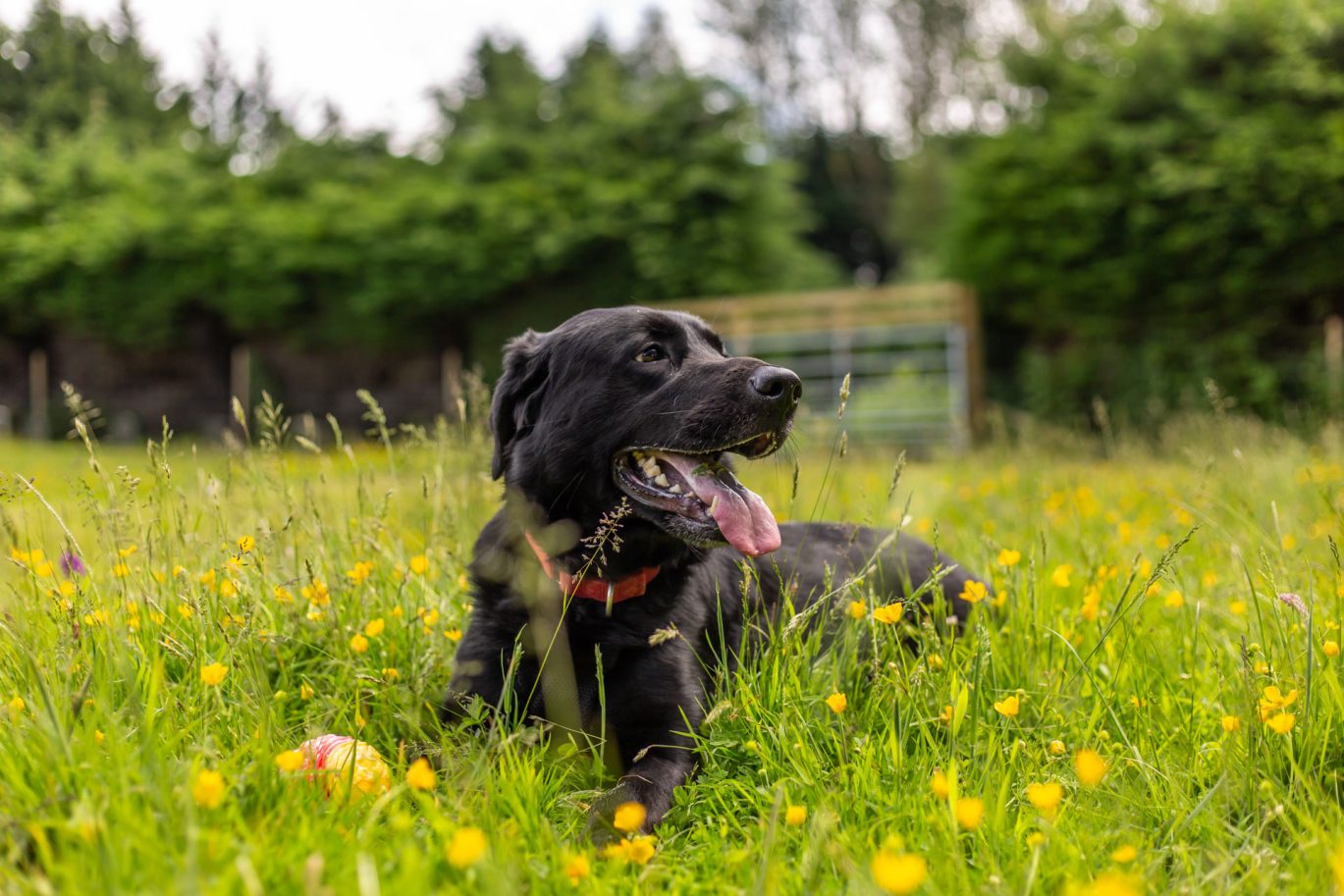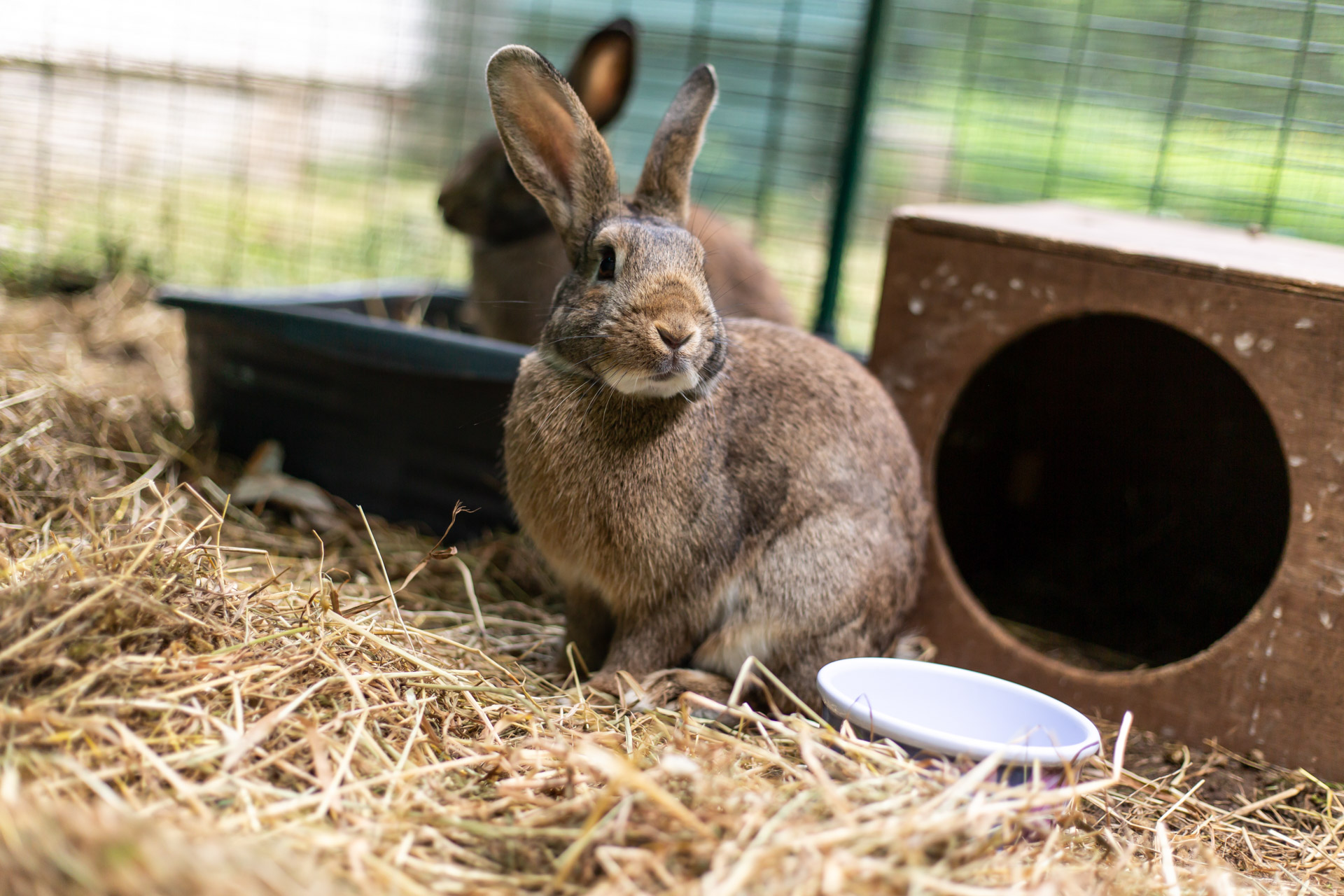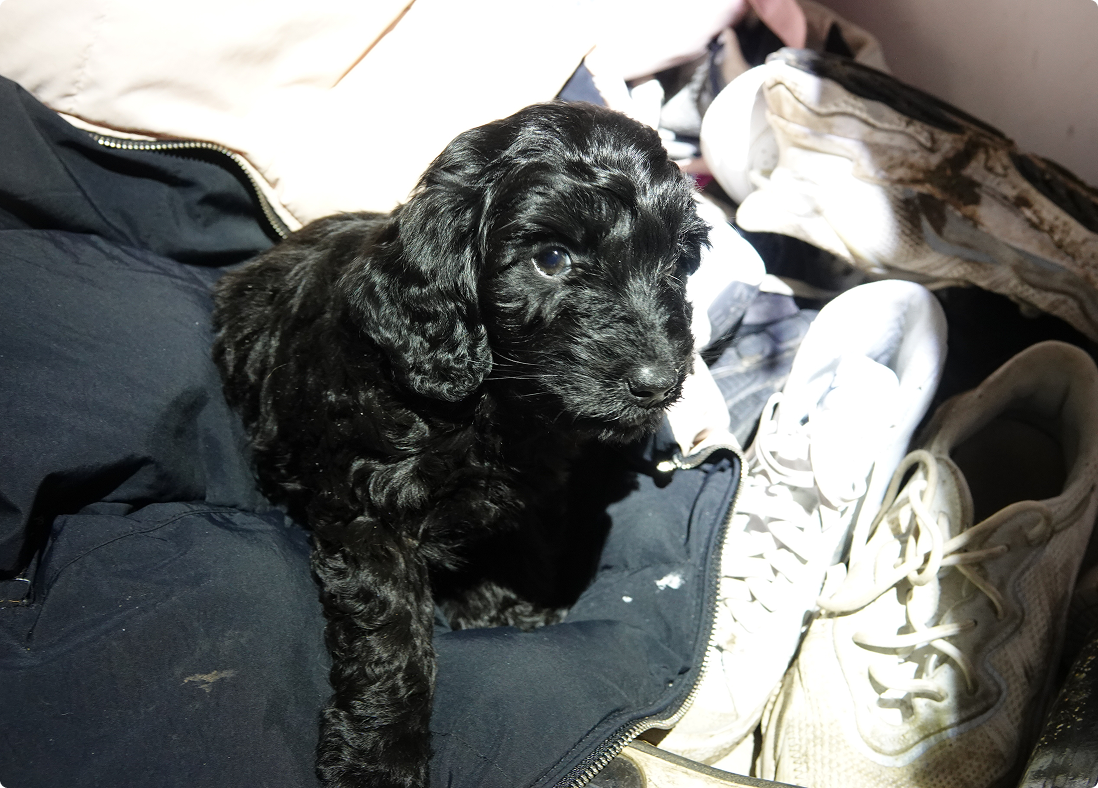
Advice & Care
Read all about animal advice and care from Scotland’s only all-animal welfare charity.

Pets
From bunny socialisation to dog walking, trust us to give you the information you need to take perfect care of your pet.
Learn more
Wildlife
Read about Scotland’s wildlife and guidance on when an animal might need our help.
Learn more
Farm
Find information about farm animals and guidance on when a farm animal might need our help.
Learn more
Puppies across Scotland need your help
Please consider giving a monthly donation today. Give Scotland’s animals the gift of safety this winter and beyond. The criminals involved in the low-welfare puppy trade never stop. And with your help, neither will we. Every £1 matters to puppies like Winnie.